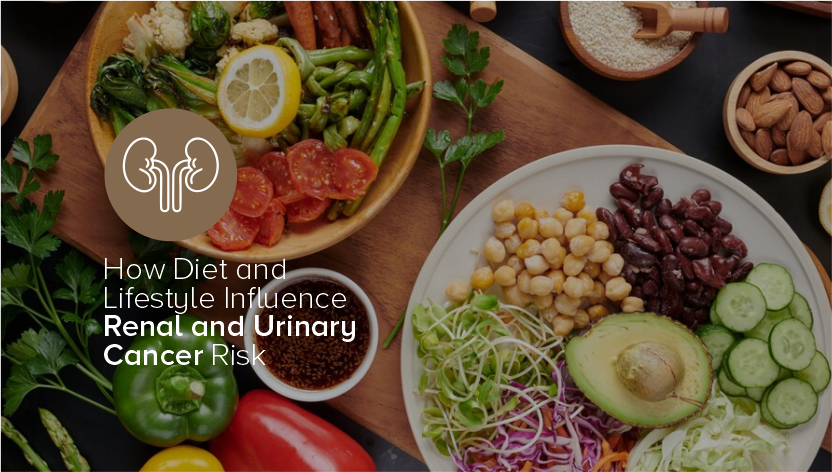When it comes to maintaining good health, our kidneys and urinary tract often go unnoticed. These vital organs play a crucial role in filtering waste and maintaining a balance of fluids in our body. But did you know that your diet and lifestyle choices have a significant impact on your risk of developing renal and urinary cancer?
